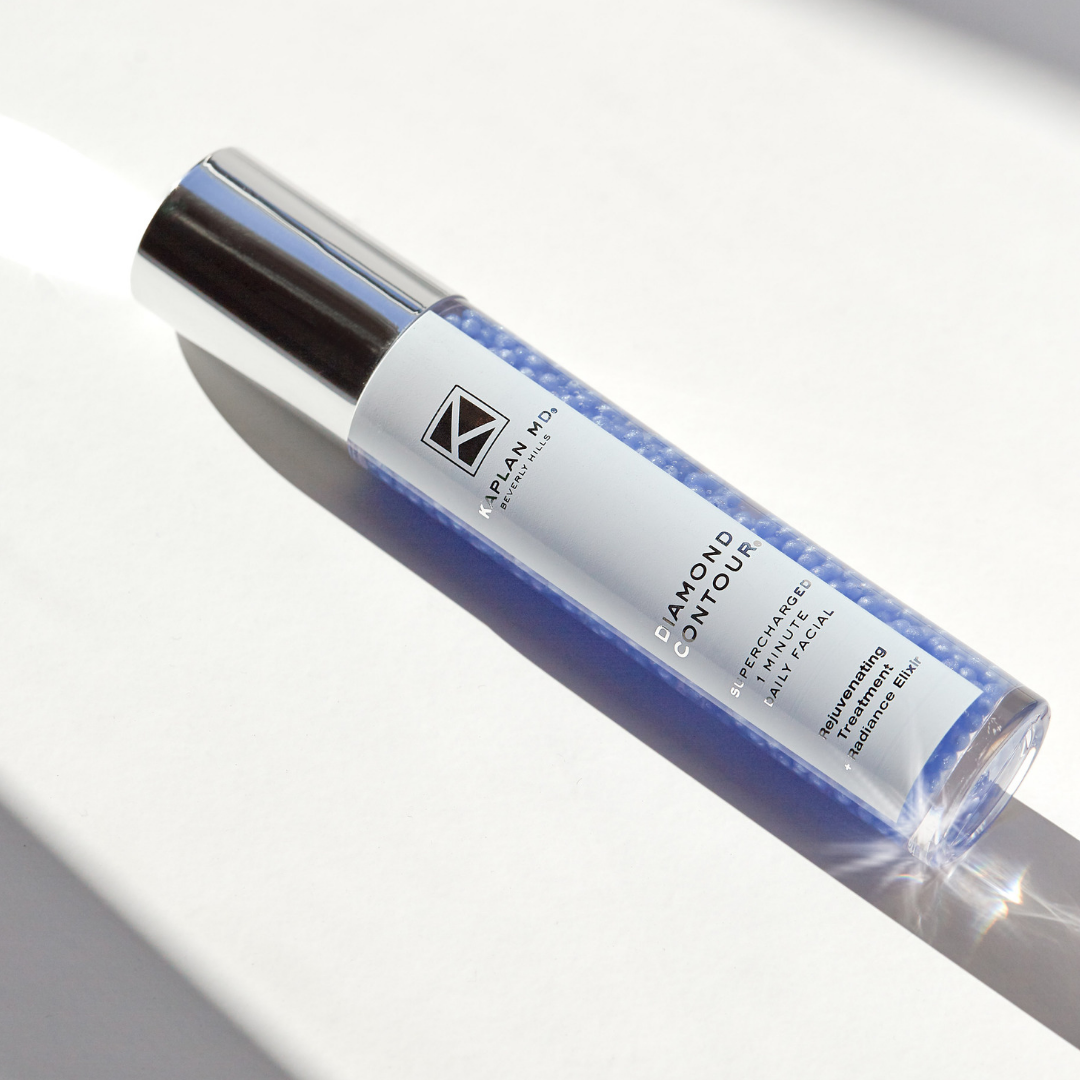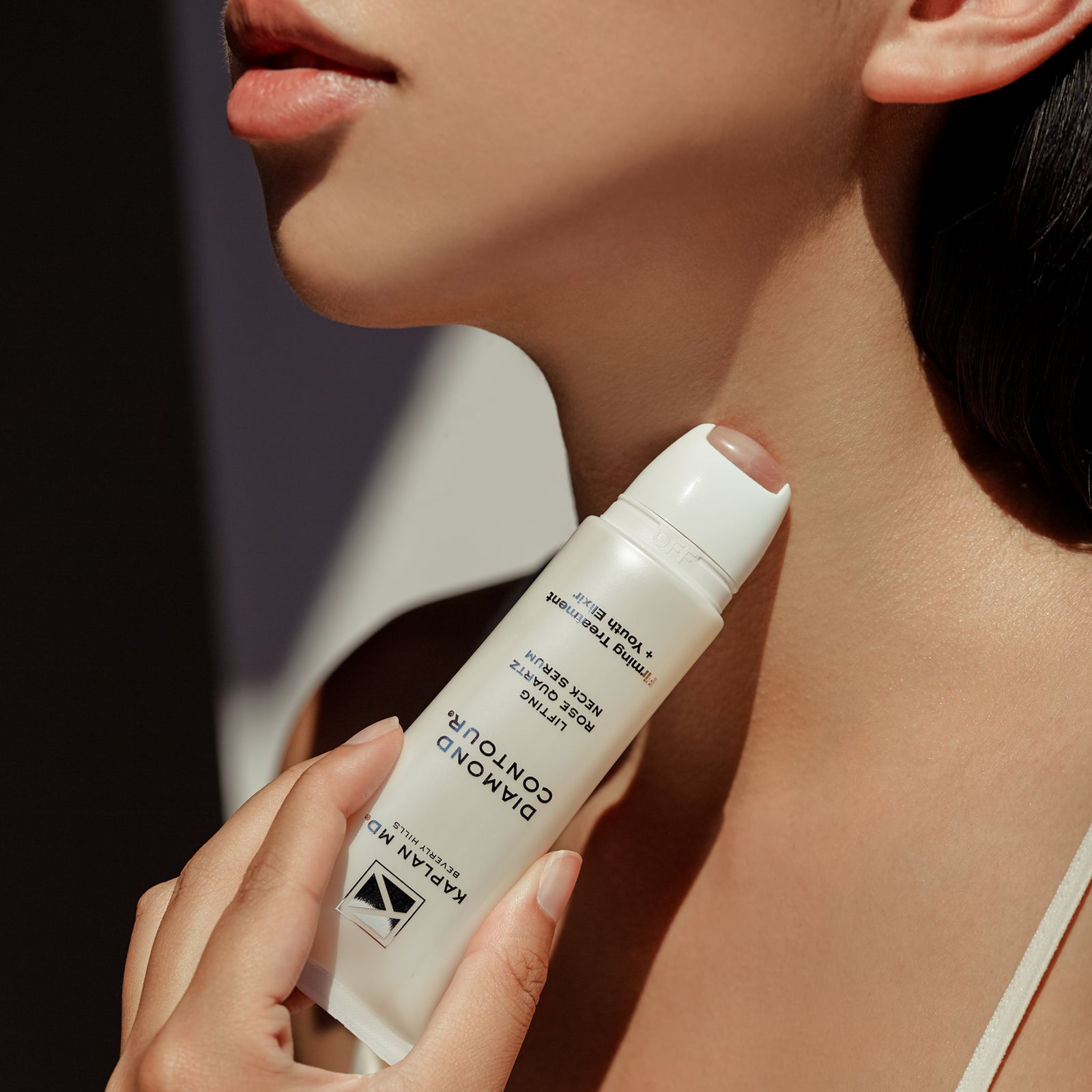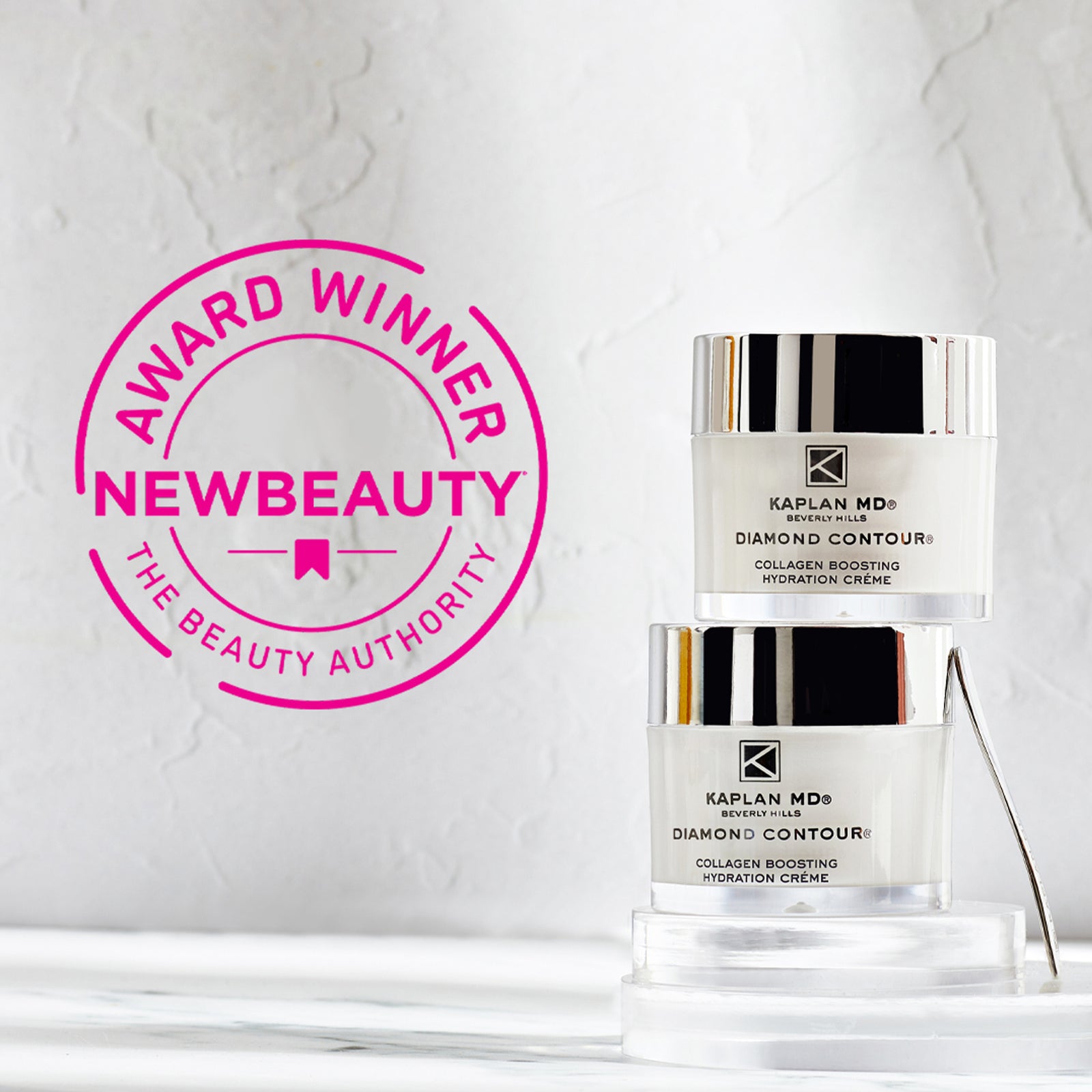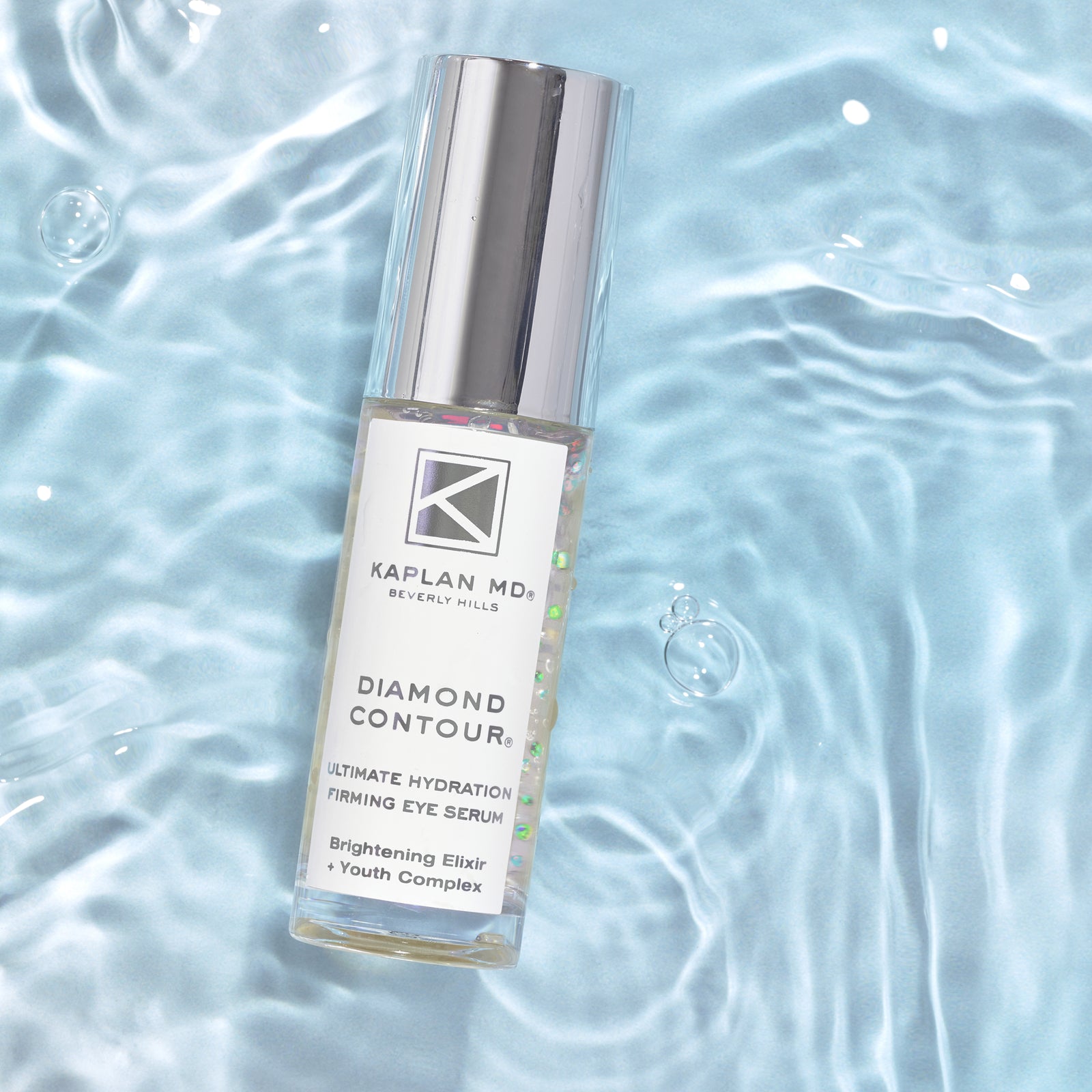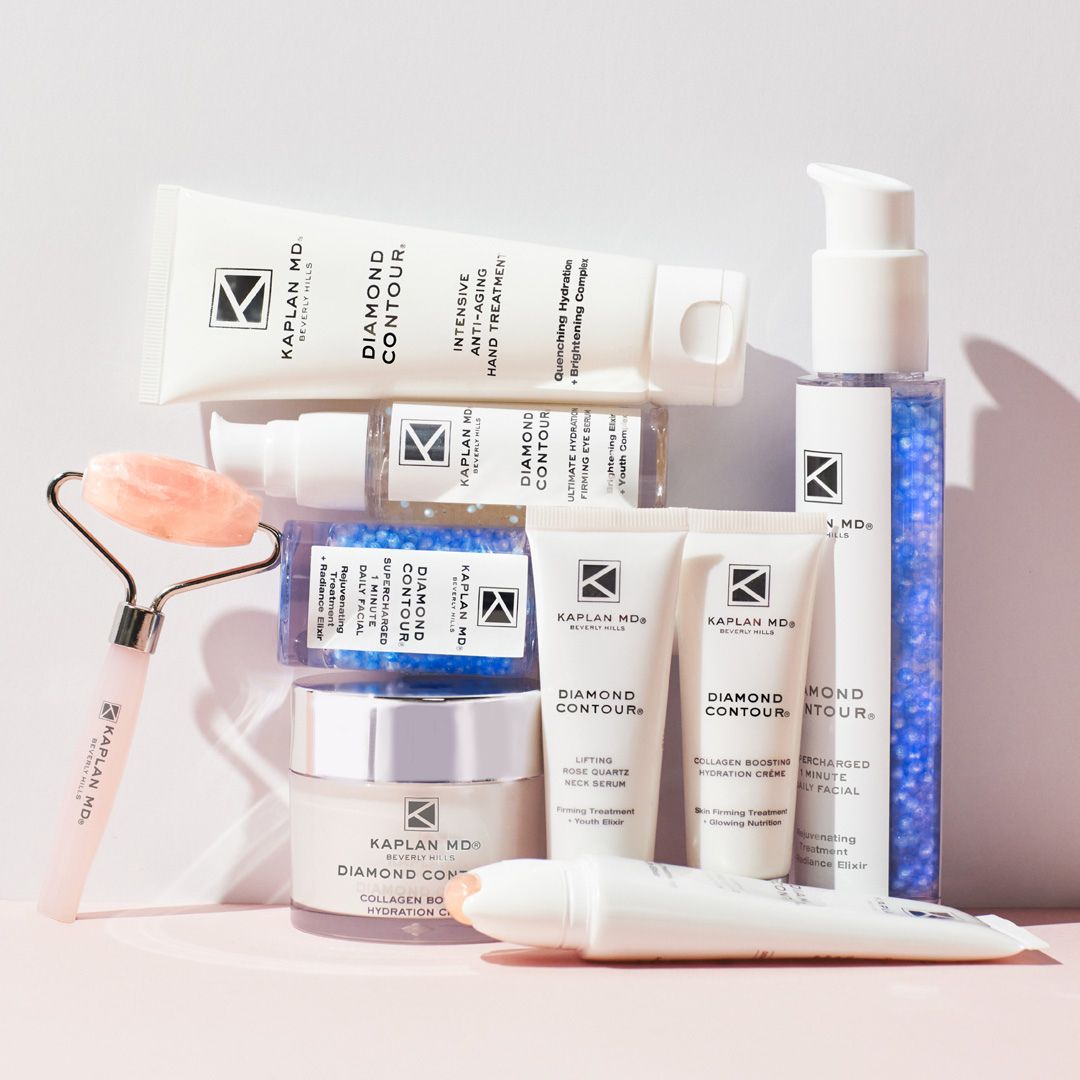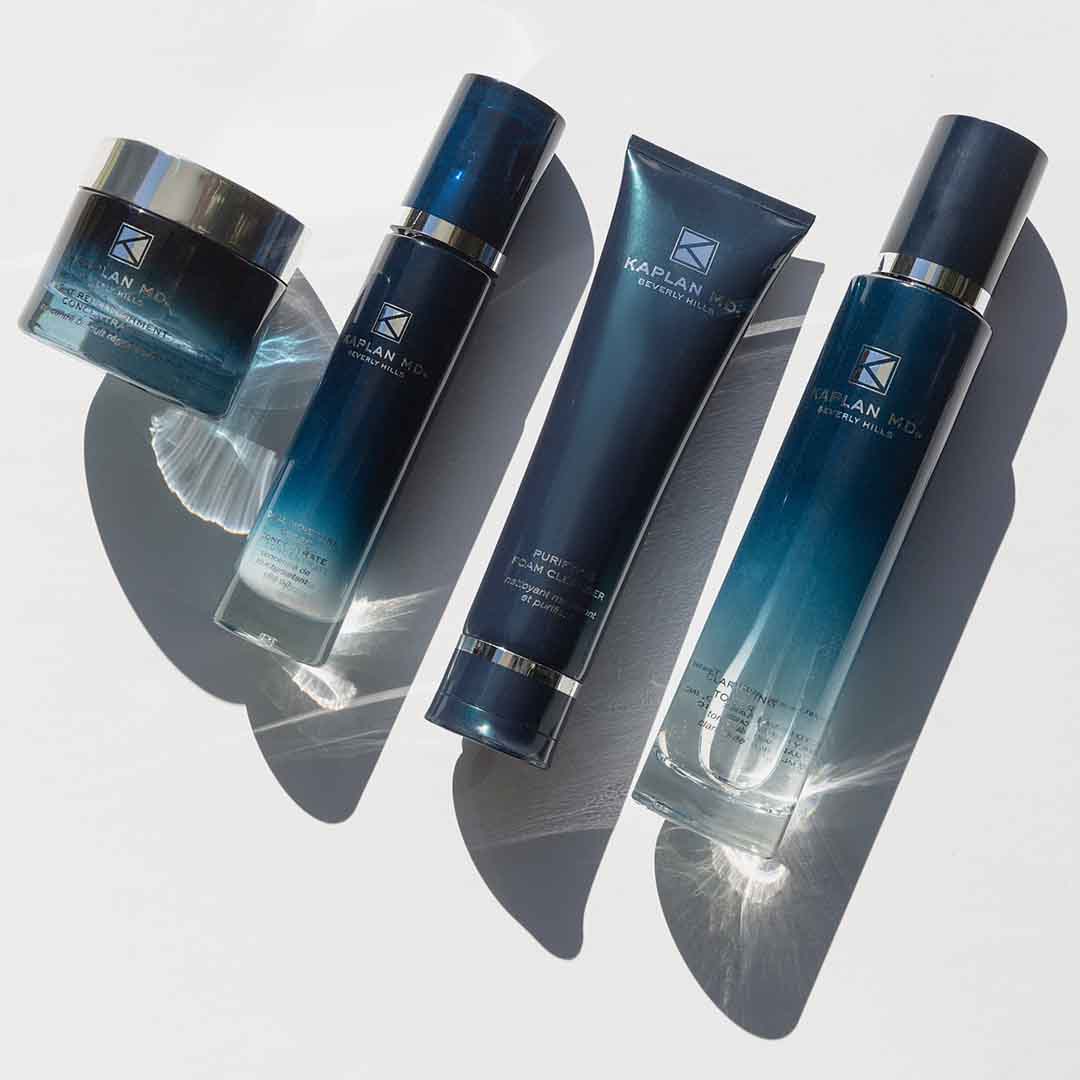Dr. Kaplan – Herpes I & II
HERPES I & II
Herpes simplex is a common viral infection. A cold sore is part of the herpes virus. Most cold sores are caused by HSV-1, also known as oral herpes. Another type of herpes virus, the HSV-2, causes genital herpes.
SIGNS AND SYMPTOMS
ORAL HERPES
Many people that get the HSV-1 never have any signs or symptoms. If an outbreak occurs, it can cause:
- Skin to tingle, itch, sting, or burn
- Fluid-filled blisters usually on the lips, around the mouth, near the nose, or elsewhere on the face.
- Flu-like symptoms including fever, muscle aches, swollen lymph glands.
The blisters are either called “cold sores” or “fever blisters.” After the blister(s) form, they quickly break down, often oozing fluid. As the fluid dries, crust forms, which eventually falls off, revealing new skin. The skin rarely scars, but the redness can persist. It generally last for 2-3 weeks.
GENITAL HERPES
Most people who get the genital herpes virus never get sores and may never know they have the virus. If the signs and symptoms do occur, these can include:
- Minor rash or itching
- Painful sores, usually on the buttocks, penis, or vagina
- Flu-like symptoms including fever, muscle aches, swollen lymph glands.
- Burning sensation while urinating.
While most genital herpes appear in the genital region, the HSV-2 can cause sores elsewhere on the body, including the face. In women, sores can develop inside the body, forming on the cervix. They generally develop between 2-20 days after sexual contact with the infected person, and the sores typically heal within 2-4 weeks.
HOW DO YOU GET HERPES?
The herpes virus is extremely contagious and easily spread. HSV-1 are often caught during infancy or childhood. A kiss, cheek, pinking, or other forms of skin-to-skin contact with the infected person is often all that is needed to pass to a child.
The HSV-1 can also be spread by sharing objects such as eating utensils, lip balm, or a razor.
Genital herpes generally spread through sexual contact. Most of time it is by sexual intercourse. If the person with a cold sore or fever blister performs oral sex, this can spread the HSV-1 virus and cause genital herpes.
Infected person can also spread the virus to themselves in the unaffected area by touching the infected sores and then touching the unaffected skin.
WHY ARE SOME OUTBREAKS WORSE?
The first outbreak is often the worst because the body does not have the antibodies to the virus, and the signs and symptoms tend to be more severe. After the first outbreak, the symptoms tend to be milder.
Not all first outbreaks may be severe. Some are so mild it is barely noticeable. When the primary outbreak is mild and another one forms years later, this can be mistaken for the primary outbreak, which can lead to false accusations about who gave whom the infection.
Additional outbreaks, or recurrences, occur because the virus remains in the body. After the first outbreak, the virus moves from the skin cells to nerve cells, where it remains dormant. Some people never have another outbreak, while others have recurrences, which is usually in the first year. Over time it tends to become less frequent and milder as the body makes antibodies to the virus.
For some people, the outbreaks never stop. It can be triggered by stress, illness, fever, sun exposure, menstrual periods or even a surgery. If sun exposure is a trigger, wearing sunscreen can help. A lip balm with sunscreen may help reduce cold sores.
HOW IS HERPES DIAGNOSED?
A dermatologist can diagnose herpes by checking the sores. To confirm the diagnosis, he may take a swab from a visible sore and send it to a lab. Other medical tests can be used when sores are not present.
TREATMENTS FOR HERPES
Cold sores and other sores on the face generally clear without treatment. An anti-viral cream or ointment may relieve the symptoms.
Anti-viral medications for herpes (acyclovir, famciclovir, or valacyclovir) can shorten an outbreak of oral or genital herpes. Taken daily, it can reduce the severity and frequency of the outbreak as well as prevent spreading the virus. However they do not cure herpes.
HOW TO PREVENT HERPES
There is no vaccine for herpes. An infected person can take precautions to prevent spreading the virus. If tingling, burning, itching, or tenderness forms in an area of your body where you have had herpes, keep that away from others. When sores are present on the face, avoid kissing and sharing items such as utensils, towels, and lip balm.
If you have genital herpes, avoid sexual contact when you have the symptoms. Sometimes condoms can reduce the risk of spreading the virus, but it does not fully protect the surround areas of the genital.
CAN HERPES SPREAD WITHOUT SORES?
Yes. People can get herpes from infected person who does not have sores or symptoms. This is sometimes called “asymptomatic viral shedding.”
CAN COMPLICATIONS DEVELOP?
Yes. Certain parts of the body are more susceptible. If the virus spreads to the eye, it can cause herpes keratitis. Pain, light sensitivity, discharge, and a gritty sensation in the eye can occur. Without prompt treatment it can cause scarring in the eye, leading to impaired or loss of vision. There are anti-viral medications that can eliminate the infection and prevent the scarring of the eye. If the virus spreads to the brain, the person can develop meningitis or encephalitis.
WHO DEVELOPS COMPLICATIONS?
While anyone can develop complications, they are more common in babies (newborn and unborn) and people who are chronically ill. A pregnant women should inform her doctor if she or her partner has genital herpes as she can spread the virus to the child at birth. If the baby is born when the mother has her primary outbreak, the baby can suffer severe damage.
Newborns also can develop serious complications. Anyone who has a herpes sore should not handle a newborn.
People who have severe weakened immune system due to cancer, AIDS, or a donated organ must seek immediate medical attention if they develop symptoms of herpes infection to prevent any severe or even fatal complications.
CURE FOR HERPES?
There is no cure for herpes, only treatments to relieve the outbreak and symptoms of herpes.
All content solely developed by the American Academy of Dermatology.

